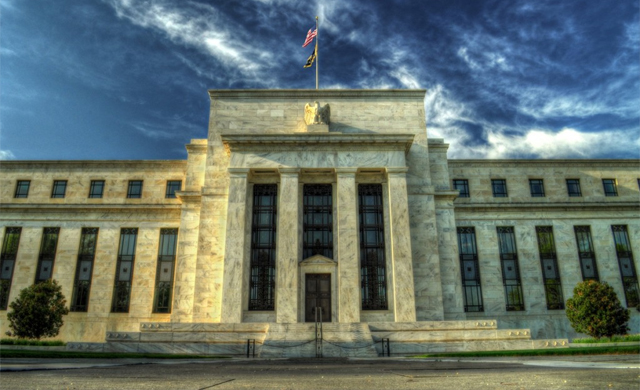According to the minutes of the meeting, the Fed plans to reduce the monetary balance by $95 billion each month ( $60 billion in Treasury bills and $35 billion in mortgage-backed securities). Thus, if the balance sheet reduction begins as early as May and the amounts indicated do not change (which may happen depending on the dynamics of inflation and the current financial situation), by the end of the year the Fed’s balance sheet will have been reduced by $665 billion and will be reduced by $1.14 trillion annually.

At the same time, if the liquidity and cash reserve situation deteriorates, the balance sheet reduction will have to slow down first and then possibly stop altogether. In the end, we will see which is more important: macroeconomic stability or the “self-interest” of the markets, which have gotten what they wanted with enviable consistency over the last decade.
On the rate front, as the minutes indicate, one or more 50 basis point hikes in the target rate could be appropriate at future meetings, especially if inflationary pressures remain elevated or rise further. Overall, markets expect the Fed to raise rates by a total of 250 basis points this year. On the stock market front, Morgan Stanley expects the S&P 500 to fall at least 13% between now and September. Bear market advocate Mike Wilson believes the S&P 500 will end the year at 4,400, or 9% below the index’s all-time high on January 4. Strategists at Goldman Sachs and UBS also noted at the end of March that they see little near-term upside potential for the SP500
On the geopolitical side, the European Union has announced the fifth package of sanctions against Russia that, among other things, will significantly affect logistics. Europe will ban Russian ships and Russian-operated vessels from its ports, making exceptions for agricultural and energy cargoes, as well as access for Russian and Belarusian road haulers. It is still unclear how exactly this ban would be framed.
At the same time, European lawmakers demanded additional sanctions against Russia in response to recent events in Ukraine, particularly a total embargo on gas imports from Russia. The European Parliament proposed to add to the sanctions the disconnection of all Russian banks from the SWIFT system. The document notes that such a decision should be accompanied by an action plan aimed at ensuring the security of the EU energy supply, as well as a strategy to “review these sanctions if Russia takes steps to restore Ukraine’s independence, sovereignty, and territorial integrity within its internationally recognized borders and if it fully withdraws its troops from Ukrainian territory.”
Along with this, it is rumored that Pelosi may visit Taiwan in the face of rising tensions on the island. This information, however, has not yet been confirmed by the office of the Speaker of the House of Representatives or by Taiwanese authorities. The United States has this week approved the sale of a new arms package to Taiwan worth 95 million dollars (about 87 million euros) to help the island maintain its defense system.

 Hot Features
Hot Features













